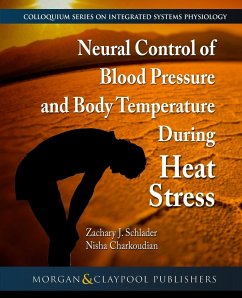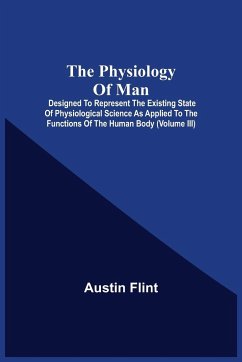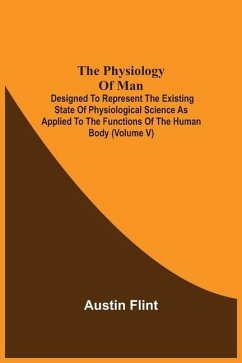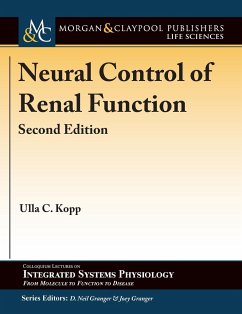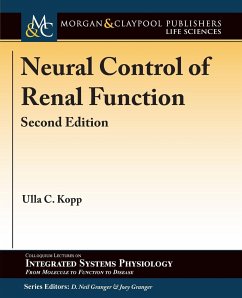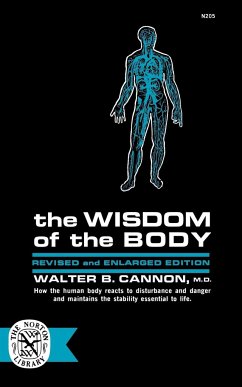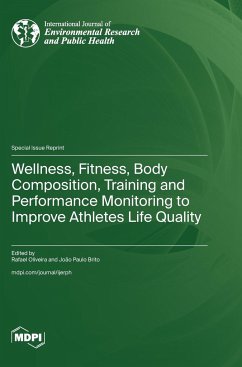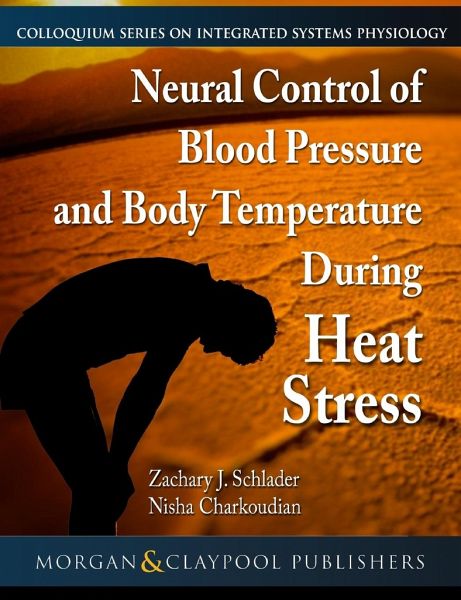
Neural Control of Blood Pressure and Body Temperature During Heat Stress

PAYBACK Punkte
32 °P sammeln!
Environmental heat stress is associated with a marked decrease in orthostatic tolerance (OT), which is defined as the ability to stand or sit upright without symptoms of dizziness, lightheadedness, presyncope, or fainting. In most healthy humans, the autonomic nervous system makes rapid and balanced adjustments to heart rate and peripheral blood flow, such that most people are able to stand up "successfully" most of the time, in most environments. The goal of this book is to discuss various aspects of the sympathetic neural response to heat stress, how the sympathetic nervous system coordinate...
Environmental heat stress is associated with a marked decrease in orthostatic tolerance (OT), which is defined as the ability to stand or sit upright without symptoms of dizziness, lightheadedness, presyncope, or fainting. In most healthy humans, the autonomic nervous system makes rapid and balanced adjustments to heart rate and peripheral blood flow, such that most people are able to stand up "successfully" most of the time, in most environments. The goal of this book is to discuss various aspects of the sympathetic neural response to heat stress, how the sympathetic nervous system coordinates the successful integrative physiological response to orthostasis, and what happens when it encounters both challenges simultaneously. We include overviews of mechanisms of thermoregulation and blood pressure regulation in humans, with particular focus on control of cardiac output and neurovascular control mechanisms during heat stress. We discuss the implications that these changes have for distribution of peripheral blood flow and, in particular, for blood flow to the cerebral circulation. The added stressor of dehydration is also discussed, as it so often goes hand in hand with heat stress. We end with a brief presentation of countermeasures against the decreases in OT with heat stress.





